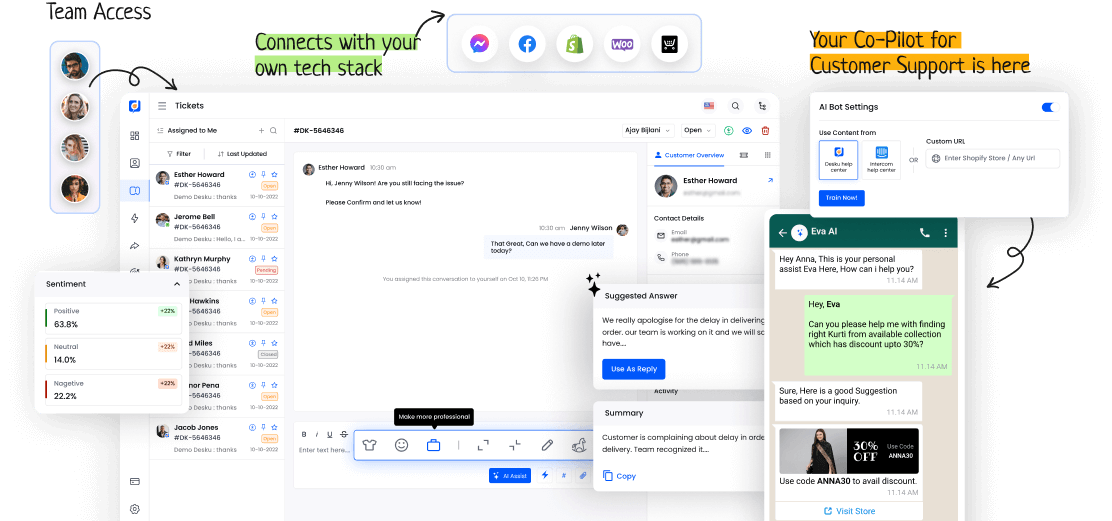Time-based events are vital in careful event planning. They control the beat and course of experiences. They don't just follow an order of time. They have the ability to shape talks, stir up feelings, and make deep impacts.
Knowing time-based events isn't just about planning. It's about learning to craft moments that connect and ring true to attendees. As we unfold this complex design, we start to understand the deep effect time has in making event experiences that won't be forgotten.
I. Definition of Time-Based Events
Time-based events rely on certain points in time. They are scheduled or triggered by time. These events are actions or incidents happening at set moments.
They follow a schedule or get activated by time-related conditions. They are time-sensitive, scheduled, and need time cues for execution and completion.
II. Types and Examples of Time-Based Events
Events based on time cover many categories and instances, all relying on specific moments for their happening.
- Planning events
- Engaging audiences
- Kinds of time-based events
These events are vital in planning events, making sure things run smoothly and engaging the audience effectively. Different kinds serve different tastes and goals, providing unique experiences and chances for those involved.
III. Importance and Implications of Time-Based Events
Understanding the importance of time-based events is key for event planners. Timing in events can make or break their success. It affects attendance, engagement, and satisfaction.
Timing decisions also impact the event's flow, energy, and effectiveness. So, it's crucial to plan for time-based elements carefully.





